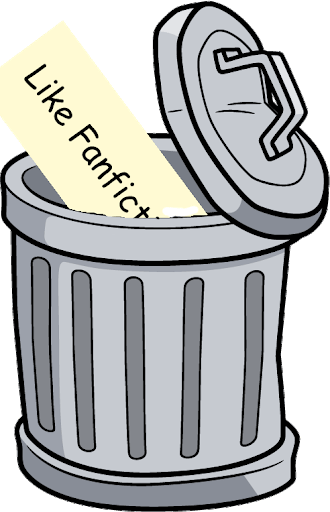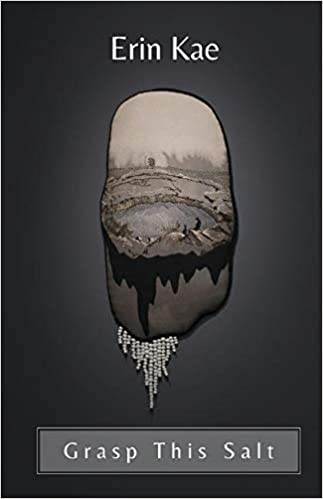Posted by Troy Seefried, Fiction Editor for 8.2

If you’ve heard about American Dirt, then you’ve heard about the controversy surrounding the story. Jeanine Cummins is a white-identified author who tells the story of a Mexican woman who escapes Mexico and attempts to immigrate to the United States for the safety of her family. While an emotionally compelling book, many are arguing that she doesn’t have the cultural license to tell this story.
The conversation taking place in today’s literary world is based around the question: Can we write outside of ourselves? Considering the story itself, a first-person narrative of a Mexican woman fleeing her home country, some, including myself (a member of the Mexican-American community), will say that this is a story reserved for the LatinX or Mexican literary community. Not to say it can only be told for them, but it should be written by them. In my opinion, this is absolutely a story that should be shared with the masses. It’s especially important to learn about the lives of undocumented immigrants at this time . It’s important that we learn about them, hear from them, and then as a society strive to better the system and find a solution. But is Jeanine Cummins, a white-identified author allowed to tell this story?
Continue reading →




 Along with being a creative nonfiction reader for Gandy Dancer, I also serve as the editor-in-chief for
Along with being a creative nonfiction reader for Gandy Dancer, I also serve as the editor-in-chief for  We’ve all heard it before; some of us have even been at the receiving end (I certainly have). It’s a devastating blow—the getting-socked-by-a-300-pound-body-builder equivalent of literary criticism, and frankly, its usage needs to stop. I’m not even saying this because of its major assault to my self-confidence. I’m saying this because it’s just not good criticism.
We’ve all heard it before; some of us have even been at the receiving end (I certainly have). It’s a devastating blow—the getting-socked-by-a-300-pound-body-builder equivalent of literary criticism, and frankly, its usage needs to stop. I’m not even saying this because of its major assault to my self-confidence. I’m saying this because it’s just not good criticism.
 In early March of 2020, SUNY Geneseo alumna Erin Kae visited to hold the school’s first literary forum of the semester. There, she read
In early March of 2020, SUNY Geneseo alumna Erin Kae visited to hold the school’s first literary forum of the semester. There, she read Fiction is my jam. There’s usually a story, character, or idea occupying the synapses of my brain like the roots of a blossoming flower. Or a sturdy tree. …and sometimes an errant weed, to be honest. While this might make it sound like I have ideas just pouring out of me – and that’s often true – a lot of it is rubbish.
Fiction is my jam. There’s usually a story, character, or idea occupying the synapses of my brain like the roots of a blossoming flower. Or a sturdy tree. …and sometimes an errant weed, to be honest. While this might make it sound like I have ideas just pouring out of me – and that’s often true – a lot of it is rubbish. Posted by Hemingway Lovullo, Fiction Reader for 8.2
Posted by Hemingway Lovullo, Fiction Reader for 8.2